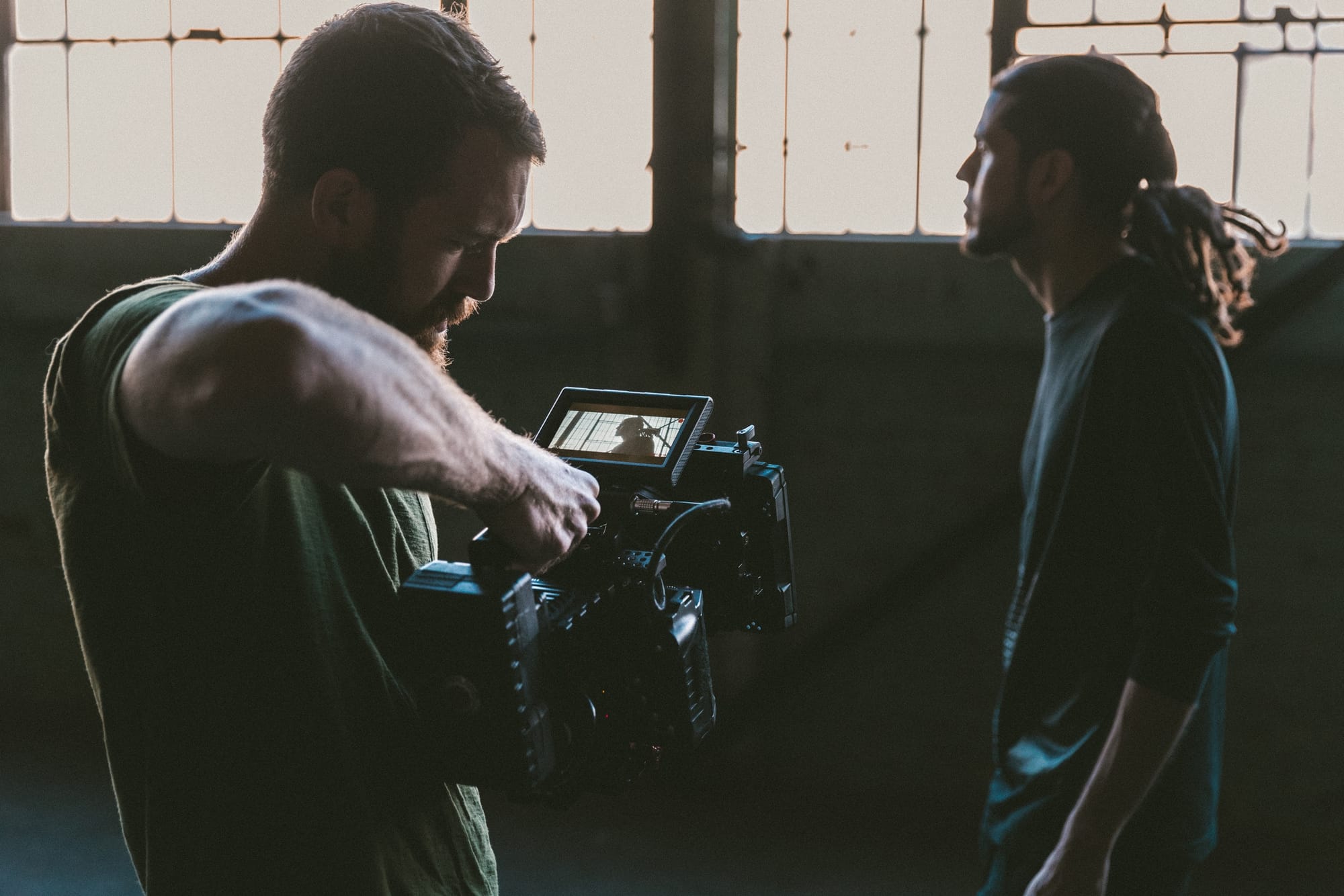Reflections on Essay Films

 Of Time and the City (Dir. Terence Davies. 2008)
Of Time and the City (Dir. Terence Davies. 2008)
Of Time and the City is a British documentary essay/collage film that consists of the director Davies recalling his life growing up in Liverpool in the 1950s and 1960s, using newsreel and documentary footage supplemented by his own commentary voiceover and contemporaneous and classical music soundtracks. The film is both self-critical and reflective of the city that Davies was born in. Tying his own personal reflection with that of the city and creating a narrative around his own history really makes for an effective use of the essay from of filmmaking. In specifically focusing on Liverpool in the 1950s pre–Beatle mania and then contrasting what happened post the Beatles to the city he grew up in by using achieve footage to emotionally manipulate its audience whilst also being sincere from the viewpoint of narrator who is Davies himself. I personally really enjoy the fact that Davies uses his own voice to narrate the film unlike many other documentary essayists such as Chris Marker. I believe that it really helps promote the tagline that was bestowed on the film “A love song and a eulogy to the city of Liverpool” which is misleading once you’ve seen the film due to the fact that Davies satirically and condescendingly criticises his city throughout the majority of the film through the cinematic use of his own voice.

Close-Up (Dir. Abbas Kiarostami. 1990)
Close-Up is an Iranian Docufiction film that tells the real-life story of a man that impersonated famous Iranian filmmaker Mohsen Makhmalbaf blending real life footage and footage that Kiarostami recreated with the same people involved acting as themselves. The film blends fiction and reality whilst exploring ethics around filmmaking in general and the role of a director in facilitating what can be constructed as truth or fiction through the lens of the camera. Although the film is not explicit in showcasing Kiarostami being self-critical it is apparent that he is critiquing the façade of identity that filmmaking operates under. Compared to Davies of Time and the City the use of conventional fictional narrative techniques mixed with the documentary footage works to present a non-linear narrative structure that culminates in the final thesis that Kiarostami was attempting to present with the mixture of documentary and fiction finally coming to a head with the final sequence that shows the real Makhmalbaf meeting with the man to help him deal with the family that he had been tricking and ask for their forgiveness. Kiarostami uses the self-reflection of his ‘fictional’ characters to mimic his own in the conclusion unlike the film of Davies which doesn’t feature any other characters other than his own narration.

Adaptation (Dir. Spike Jonze. 2002)
The last film that is going to be analysed isn't explicitly a diary/essay film, but it does have many elements of self-critical reflection from the perspective of the writer Charlie Kaufman. The plot of the film concerns a writer named Charlie Kaufman (Nic Cage) trying to adapt a version of Susan Orleans the Orchid Thief whilst struggling with writer’s block. The plot mimics real life as Nic Cage is playing a fictional version of Kaufman the screenwriter who in reality suffered writers block whilst trying to adapt Orleans novel. Kaufman through his fictional self manages to critique himself and Hollywood whilst navigating the climate of a fictional narrative film. The premise of the film is unique especially as it isn't a documentary like Of Time and the City or a blend of Docufiction such as Close-Up, due to this uniqueness the film is explicitly personal in its portrayal of internal anguish and depression that Kaufman manages to pour into every detail of the script. The narrative of critical reflection that is explored in the film culminates similarly to Close-Up in how obsession can be detractive emotion especially surrounding the arts and creative ecology of filmmaking. Ultimately what works about the film on the basis of critical reflection is that the film is less concerned with the narrative of Kaufman adapting the Orchid Thief rather why Kaufman wants to adapt it in the first place and how undertaking this assignment changes him as a writer and person.